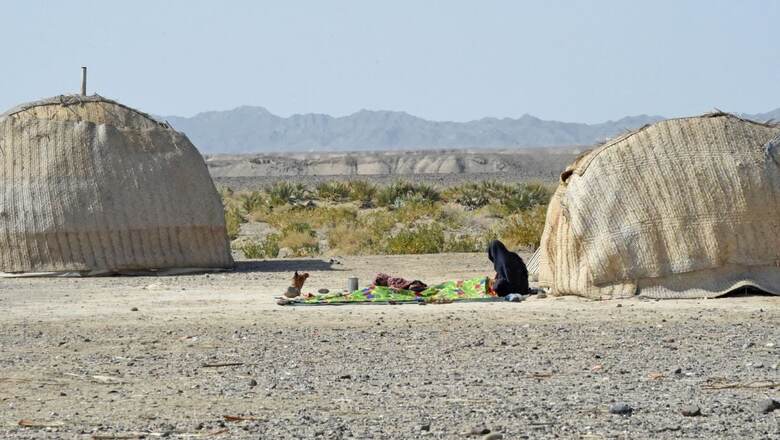
views
From being on the verge of a full-scale conflict to a likely de-escalation now, there have been dramatic developments in the Pakistan-Iran situation in the last 24-hours. The tense situation is all set to de-escalate as the two countries are likely to restore their diplomatic ties.
According to sources, Islamabad will reverse its decision of recalling its envoy from Tehran. After China, Saudi Arabia and the UAE intervened, Pakistan and Iran agreed to de-escalate. CNN-News18 had already reported that backchannels are working and the situation will not worsen from this point.
The two countries traded deadly airstrikes on militant targets in each other’s territory this week. On January 16, Iran conducted surgical strikes in Pakistan’s Balochistan province. Islamabad retaliated two days later on January 18 with seven strikes in Iran’s Sistan province.
The rare military actions in the porous border region of Balochistan — split between the two countries — had stoked regional tensions already enflamed by the Israel-Hamas war.
Pakistan had earlier recalled its ambassador from Tehran and said Iran’s envoy — on a visit home — was blocked from returning to Islamabad. The United Nations and the US had appealed for restraint, while China had offered to mediate.
Analysts say de-escalation was expected
The muted rhetoric has matched analysts’ predictions that both sides will seek to defuse the confrontation. “The upshot of the new situation is that the two countries are seemingly and symbolically even," Antoine Levesques of the International Institute for Strategic Studies told AFP.
On Friday, Pakistani Prime Minister Anwaar-ul-Haq Kakar held an emergency security meeting with military and intelligence chiefs. He cut short his visit to the World Economic Forum in Davos, Switzerland following the strikes. His caretaker government is leading Pakistan into general elections in three weeks, which have been marred by allegations of pre-poll rigging.
Tehran and Islamabad have both said they hit their own domestic militants sheltering on foreign territory. A collective death toll of 11 — mostly women and children — was reported from both sides of the border that bisects an arid region where militant movements have simmered for decades.
Border closure fears
In the remote villages near the strike site in Panjgur district, where mobile signal is rarely available, farmers pieced together the events from reports passed on from visiting security officials who set up checkpoints in the area.
“Helicopters were flying overhead and going in the direction of where the Iranian strike hit, but we didn’t know what had happened," 42-year-old Maulana Mohammad Sadiq, the prayer leader of a small seminary around 5 km from where a missile hit, told AFP on Thursday (January 18).
Village residents feared that deteriorating relations between the two sides could lead to border closures and cut off residents from Iranian trade, which the area relies on for employment and food imports. “If Iranians close the border, the people will starve and it will cause more militancy because youth will join the separatist organisations," said 55-year-old Haji Mohammad Islam.
Baloch separatists have been waging a low-level insurgency against Pakistani authorities from the largely ungoverned, impoverished region fighting for a better share of mineral resources. Rights groups said the military’s crackdown on the insurgency has included widespread enforced disappearances and extrajudicial killings. Militancy has also risen sharply along Pakistan’s border with Afghanistan further north, after the Taliban’s return to power there in 2021.
(With agency inputs)



















Comments
0 comment